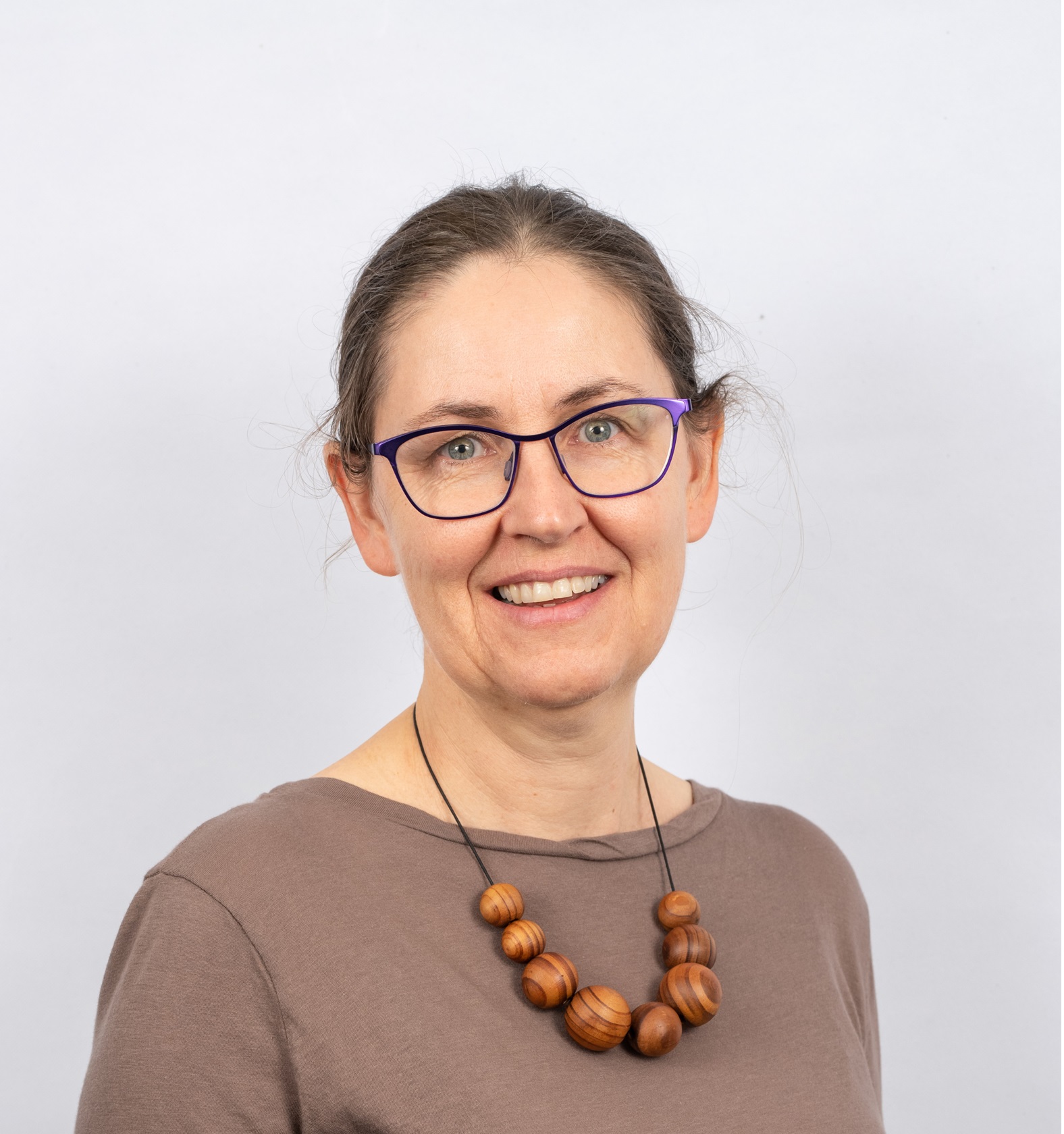Can gynaecological cancer be prevented?

That’s the question driving the work of Professor Susan Jordan, a cancer epidemiologist at UQ’s School of Public Health.
While working as a General Practitioner, Dr Jordan noticed a heartbreaking pattern of women being diagnosed with cancer when it was too late for effective treatment.
“I had a lot of patients presenting with cancer, and I wanted to learn what we could do to improve prevention rather than treating people when it was too late,” Dr Jordan said.
“I was really interested in women's health and when I first started there was not much out there about ovarian and endometrial cancer.”
This led Dr Jordan to investigate the causes, care patterns and survival outcomes of people with cancer – to try and determine if, and how, cancers may be prevented.
“Much of my work uses large scale linked administrative health data - this means we can look at some risk factors for cancer and other factors that affect survival in much greater detail than we could previously.
“And our results apply broadly to Australian women.”
So what does the data tell us?
Dr Jordan’s research has revealed several key factors that may help to reduce the risk of developing gynaecological cancers.
The Pill and hormonal contraceptives aren’t the enemy
In her research, Dr Jordan identified that newer, long acting contraception - like IUDs and implants – also reduce the risk of developing ovarian and endometrial cancers – in a way similar to what the traditional Pill is known to do.
“I think women generally think that the Pill is bad for you and while there are some side-effects, it also has positive benefits for not only cancer prevention, but also treatment of common gynaecological problems.,” Dr Jordan said.
“My research has helped understand how the risk factors for ovarian cancer differ by the subtype, and has shown that factors such as use of the Pill and other hormonal contraceptives considerably decrease the risk of both ovarian and endometrial cancer and that effect lasts for years after women have stopped taking it.”

Breastfeeding is beneficial for mothers and where you live matters
Dr Jordan’s research has shown that breastfeeding is also associated with a lower risk of both ovarian and endometrial cancers.
On the flip side, there are disparities in ovarian and other cancers survival rates, with research revealing that patients living in rural areas tend to have poorer survival outcomes than those living in metropolitan areas.
It’s a finding with major implications for health equity — and it’s driving her mission to inform health policy that delivers fairer outcomes for all women, no matter where they live.
Another surprising discovery Dr Jordan found was that some medications used for common chronic conditions — like osteoporosis and high blood pressure — were shown to possibly improve ovarian cancer survival rates.

So what’s next?
Dr Jordan is now researching whether treatments for gynaecological conditions and obesity affect long term cancer risk, in addition to investigating why cancer in younger people is on the rise.
Her hope is that her research can be used to help shape clinical guidelines, improve patient counselling, and guide public health decisions – to help reduce the burden of cancer on Australian women and the health system.
“Preventing cancer is a difficult thing to measure, but I hope that the information my research generates will help women understand some of the steps they can take to reduce their likelihood of developing cancer in the future.”




